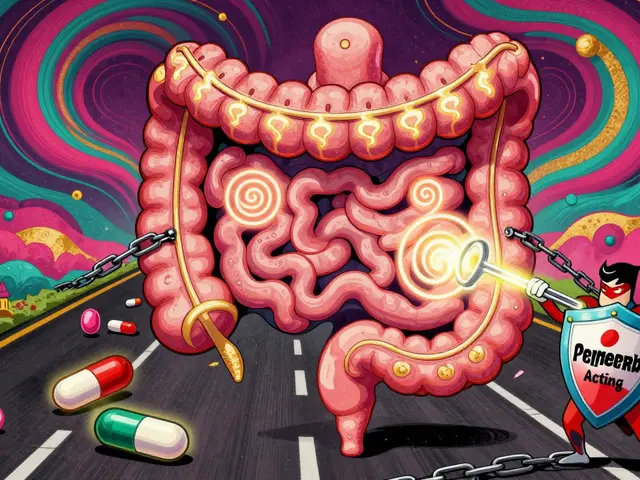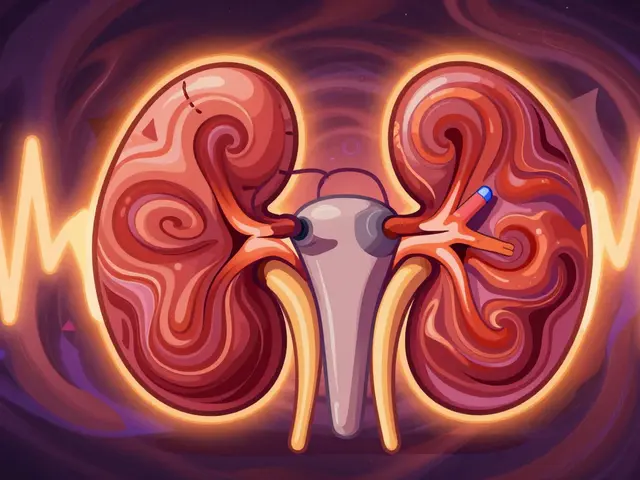
Anabolic Steroid Overview: What They Are and How They Work
When you hear "anabolic steroid" you probably think of bodybuilders chasing bigger muscles. In simple terms, an anabolic steroid is a synthetic version of testosterone, the hormone that helps build muscle and bone. Doctors use them for real medical reasons, like treating low testosterone or muscle loss from disease.
Because they can speed up protein building, many people use them off‑label to get stronger faster. The idea sounds appealing, but the body reacts to extra hormones in ways you might not expect. Understanding the basics helps you decide if it’s worth the risk.
Common Risks and Side Effects
Even short courses can bring side effects. Acne, hair loss and oily skin are common early signs. More serious issues include liver problems, high blood pressure and changes to cholesterol levels. Men may notice reduced sperm count, breast tissue growth or shrinkage of testicles. Women can face deepening of the voice, extra facial hair and menstrual changes.
These effects aren’t just cosmetic—some can be permanent. For anyone with a heart condition, adding steroids can increase the chance of a heart attack or stroke. The liver, which processes the drug, can develop scarring or tumors if you push the dose too high.
It's also easy to become dependent. Your natural testosterone production can shut down, leaving you feeling weak and fatigued when you stop. That's why a proper medical plan and tapering schedule matter if you ever use them under supervision.
Legal Status and Safer Alternatives
In the UK, anabolic steroids are classed as a Class C controlled drug. That means you need a prescription from a doctor for any legitimate use. Buying them online without a prescription is illegal and risky – you can’t be sure what you’re getting.
If you want to build muscle safely, focus on proven methods first. A solid resistance‑training program, enough protein (about 1.6‑2.2 g per kilogram of body weight), and regular sleep can give you steady gains. Supplements like creatine, whey protein or beta‑alanine have strong evidence and far fewer side effects.
Some people also try natural boosters such as proper vitamin D levels, zinc, and omega‑3 fatty acids. These support hormone balance without the downsides of synthetic steroids. Talk to a pharmacist or GP about what fits your health profile.
Remember, quick shortcuts often lead to long‑term problems. If a doctor does prescribe steroids for a medical condition, follow the dosage exactly and schedule regular check‑ups to monitor blood work and liver health.
Bottom line: anabolic steroids can boost muscle, but they carry real health risks and legal issues. Safer routes like training, nutrition and proven supplements usually give you the results you want without the gamble. Stay informed, stay safe, and always ask a healthcare professional before starting anything new.
-
27 Jul






